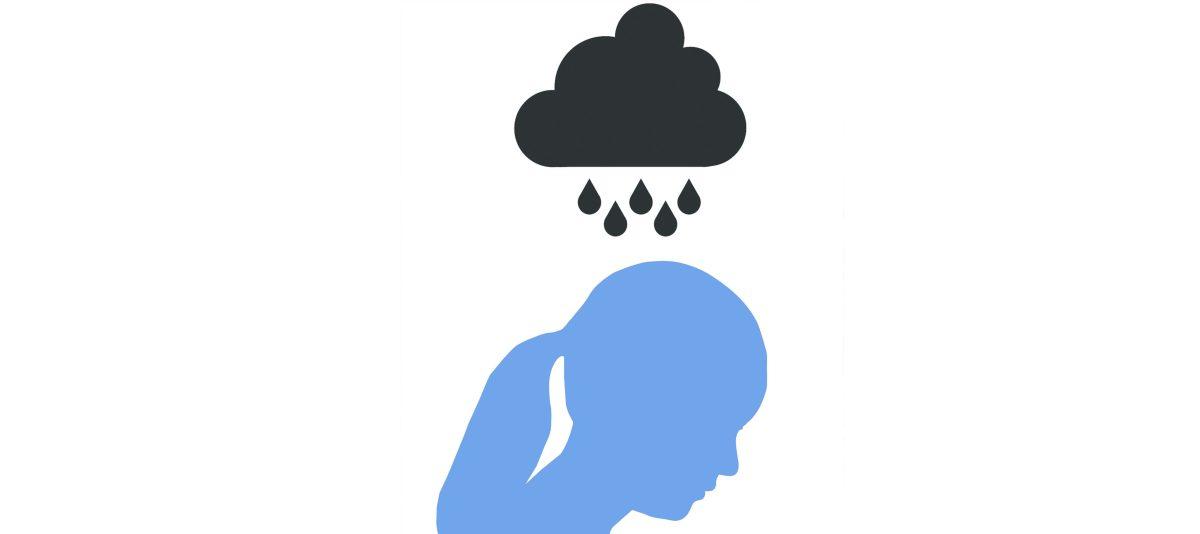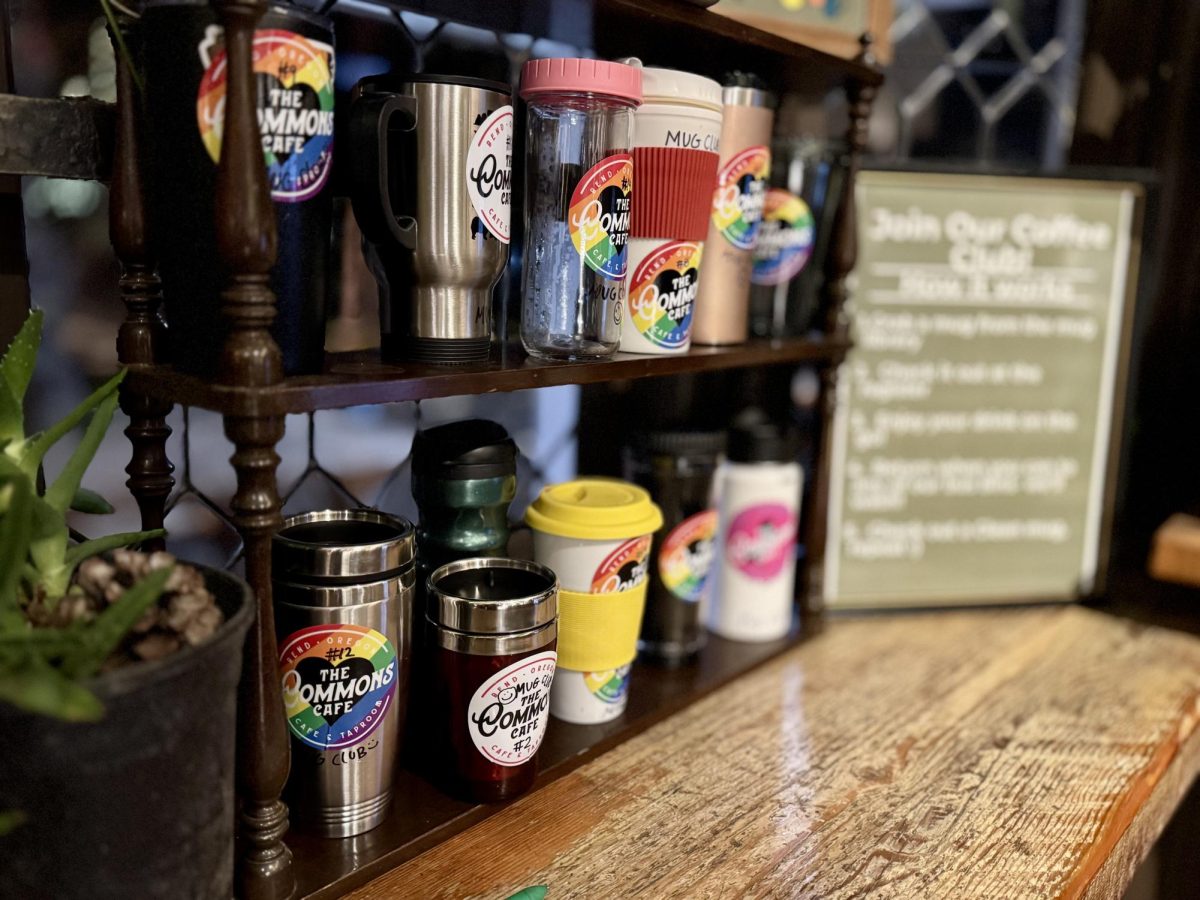The annual Central Oregon Community College community health forum, titled Suicide: A Difficult Conversation Our Community Must Have was offered for students to attend this past week. Many people showed up, filling all available seats and leaving only standing room for the unlucky few who showed up late.
Most of the audience was made up of middle-aged adults from across the county, as well as a few COCC students. A few private non-profit organizations showed up as well, setting up booths for people to visit while they waited for the panel to begin. There was a feeling of caring and concern in the air, and everyone was respectful of the issue at hand. There were even two mental health professionals provided for the audience, should anyone need to talk to someone after the forum.
One of these non-profits, Lines for Life, was a twenty-three-year-old foundation specializing in children’s grief support and prevention of substance abuse. Fiona Milligan, the Director of Development at Lines for Life, said that she believed that “this is an important discussion to have; we all need to learn about suicide and how to support each other.” Lines for Life has open crisis lines available to the general public, but also has a unique peer-to-peer youth line that allows troubled teenagers to speak with other trained teens.
Milligan said that she is “heartened by seeing so many people together, destigmatizing the issue. We all need to be ready.”
Another of these foundations is Resources for Anti Suicide, based out of Deschutes County. David Visiko, the representative for RFAS, said that “this type of event is very important, and is a big step to making the problem less socially unacceptable. The community has to be able to talk about these things.”
Dr. Susan Keys was the guest speaker for the panel. Dr. Keys is a mental health professional, working as an “Associate Professor and Senior Researcher in the College of Public Health and Human Sciences at OSU Cascades.”
Dr. Keys said she was “delighted to be [there] tonight and to focus on this important health issue,” claiming that the most important part of the panel was to normalize the conversation. Dr. Keys noted that, according to a CDC 2016 study, suicide is the eighth most common cause of death in Oregon, and the second most common cause of death in Oregon teenagers. She also pointed out that this number has been steadily increasing by a total of 24% since 1999.
However, the panel did not end on such a negative note. Dr. Keys showed the audience the ways Oregon school systems were taking preventative measures such as mandatory mindfulness training, and the help from KTVZ, which she called “responsible media”, citing their features on suicide and their financial aid.
The panel closed with a quote from Dr. Keys, saying that “we all have a part to play in suicide. I hope that by the end of this, you all know what part to play. Depression is an illness, not a choice. It should be treated like one. We have to get rid of the stigma and the shame.”
Nainoa Kanaiaupuni Naff | The Broadisde
Contact: [email protected]














